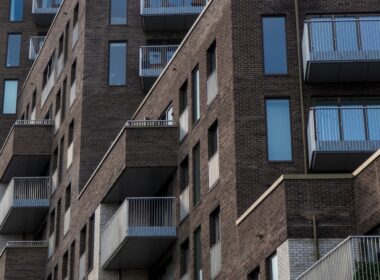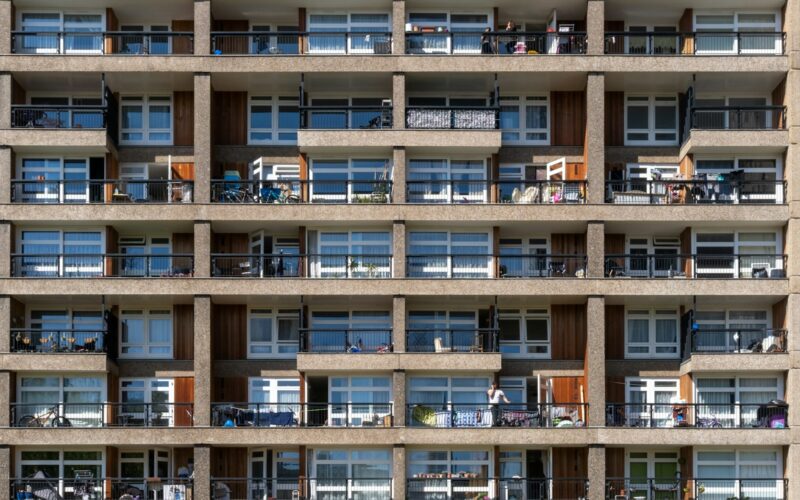Deposit alternative specialists, Flatfair, have had a standout year in 2024, with their No Deposit tenancies seeing a significant 26% increase compared to the previous year.
The company, which has steadily gained traction in the property market, has welcomed more letting agents and Build To Rent (BTR) operators than ever before, positioning themselves as a game-changer in the rental sector.
The UK lettings market has seen its share of challenges, with rental prices rising by 13.2% over the last 12 months.
This increase, combined with the ongoing effects of the cost-of-living crisis, has led to tenants struggling with ever-growing upfront costs.
In response, Flatfair has stepped in, providing a solution that reduces financial pressure by offering an alternative to traditional deposits.
Gary Wright, CEO at Flatfair, explained that traditional deposit amounts have become increasingly burdensome for renters.
With the average traditional deposit now standing at £1,580, alongside the first month’s rent, the financial strain is evident.
However, Flatfair’s No Deposit option has proven to be a lifeline, saving tenants an average of £1,291 in upfront move-in costs.
“In total, we saved tenants £16.4 million throughout the year – money which is better spent making their house a home,” said Wright.
He highlighted that in 2024, 52% of tenants opted for the No Deposit scheme when given the choice, illustrating the growing demand for this solution.
With more tenants seeking to save on initial costs, Flatfair’s platform has emerged as a popular choice.
Landlords are looking security amidst regulatory changes
While tenants benefit from Flatfair’s deposit alternative, landlords have faced their own challenges. The looming Renters’ Rights Bill and its potential to abolish Section 21 evictions is causing concern within the private rented sector (PRS).
Not to forget, the government’s proposals to introduce a new minimum energy efficiency standard by 2030 have left some landlords considering exiting the market entirely.
Wright commented on the financial strain this has placed on landlords, “The cost of meeting the new energy efficiency standards is estimated at between £20bn and £25bn across England, Wales, and Scotland. What landlords are looking for is security and a reason to be optimistic.”
In response to these pressures, more landlords are turning to No Deposit schemes like Flatfair’s, which offer up to 10 weeks of market-leading protection for damages and rent arrears—double the amount typically available with a traditional deposit.
This protection, alongside the scheme’s efficiency, makes it an appealing option for landlords navigating a turbulent market.
2024 saw Flatfair’s network expand to include many of the UK’s leading agencies and Build To Rent providers, including Andrews Property Group, Dandara Living, Reed Residential, The Property Centre, Turay Homes, and Urbanbubble.
Reflecting on the year, Wright said: “Looking back, 2024 has been a very satisfying year, but there will be more challenges and opportunities coming along in 2025.”
He added that the Renters’ Rights Bill would bring transformative changes to the sector, with more landlords likely to opt for fully managed services from agents to ease the compliance burden.
As the market shifts and fewer rental properties become available due to regulatory pressures, traditional deposits are likely to rise, putting more financial strain on tenants, this will increase the demand for alternatives like Flatfair’s No Deposit scheme.
Wright concluded: “We’ll be aiming to surpass our success in 2024 as we head into the New Year, with the expectation that more tenants will look for deposit alternatives to ease the burden of rising rental prices.”




